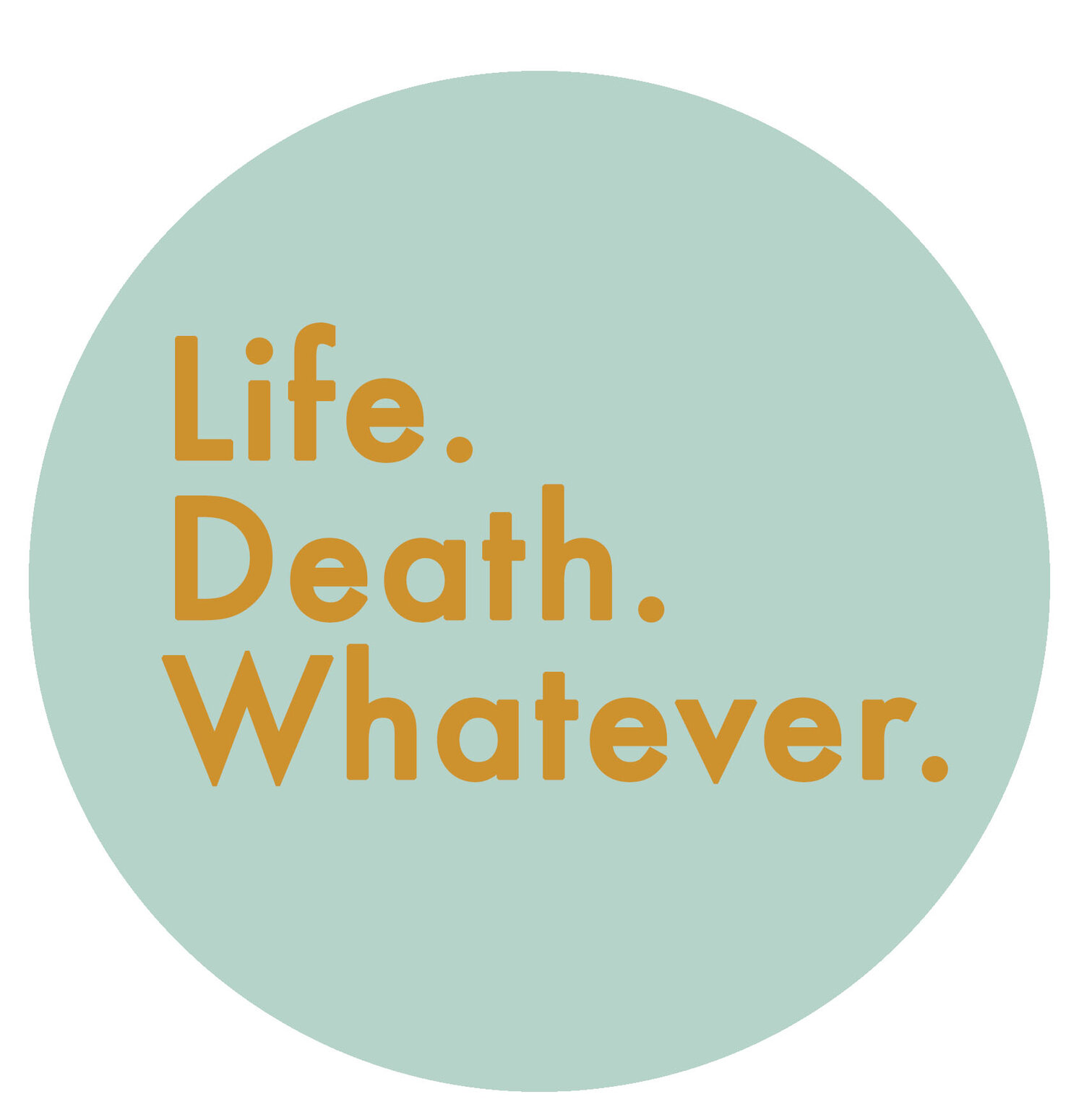By Charlotte Augst, whose husband David Mepham died in October 2018
Charlotte’s husband David with their cat
All real feelings are mixed feelings. Sadness – over long periods of time – is hard to live with. It makes you tired and lonely. On the other hand, sadness is a very acceptable feeling when it comes to grief. But I find I never just feel sadness: anger, relief, guilt, resentfulness, jealousy, are all in the mix, and often feel less acceptable to others – and to me.
I never do not think about David, what happened to him and how it took place . But sometimes this is just a quiet subtext to what I do with the rest of my life. At other times, images and memories stop me in my tracks and take my breath away. The pain, ugliness and unfairness of what happened can feel like being hit by a truck. Someone else mentioning David never ever makes things worse. Of all the comforting things, people telling me that they thought of David today because of this or that connection, is the most comforting thing of them all.
Apart from the last three or four months of David’s life, I worked throughout his illness and growing frailty. This would have not been possible without the quiet, practical, intelligent support from some wonderful colleagues. For much of this journey, work didn’t feel like a side show I could do without, but like a life line that helped keep a space in my head where things (broadly) happen the way you want them to; where planning, intelligence and effort make a difference.
I am less tolerant of the bullshit that can come with work. Health policy is far removed from health and care service use and users. I often have a strong urge to tell people who strategise about health that they need to get out there and listen to a patient or carer. Living through unavoidable pain and loss has also made me impatient about the research community claiming we will ‘beat cancer/ heart disease/ dementia’. No, we won’t.
Friendship is the human super power. As human beings we are outrageously vulnerable – the next phone call you get can be the one you dread. The randomness of illness can be an affront to what we would like to think about ourselves and the people we love. On the whole, there truly is nothing we can do to protect ourselves and our loved ones. But one thing we can do: we can be better friends to those who have been hit by misfortune. It is completely within our power to turn an unbearable situation into one that can be endured – through making contact, hanging out, cooking food, offering childcare, nights out and friendship.
Charlotte and her daughter Hannah
Charlotte and her two children
About Charlotte Augst
Charlotte met David in 2001, a few years after moving to London as a student. They married in 2004 and had two children, Hannah and Ben. Charlotte works in health policy and can be found on Twitter. David died in October 2018 after being ill with cancer for a bit more than two years. He was Director of Human Rights Watch London and a committed and effective activist. He was also a supportive and gentle husband and father and a natural feminist.






